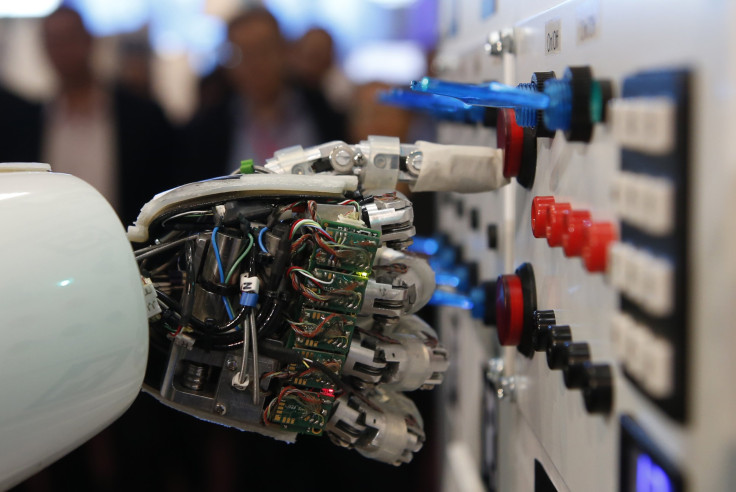Experts suggest Artificial Intelligence could treat individuals based on genes, history

Researchers suggest Artificial Intelligence could develop more precise drugs through identifying unique characteristics of each individual and developing specific treatment based on each genetic makeup. The AI could be used to accommodate big health data with the capability to quickly sequence entire genomes, an organism's complete set of DNA, and gather more molecular information than ever before, researcher said.
As each individual is genetically unique, treatments should be tailored based on person’s genetic makeup and individual environmental history, researchers proposed at the Leveraging Big Data and Predictive Knowledge to Fight Disease conference at the New York Academy of Sciences on Tuesday. Health AI works essentially faster and more powerful on genomics, diseases, and treatments on a larger scale than humans, University of Pennsylvania Chief of the Division of Informatics Jason H. Moore said.
“I think AI is what is going to drive this voluminous amount of information into going from data to knowledge, and from knowledge to products,” Dr Niven Narain, co-founder, president and chief technology officer for Berg, stated. The proposal also indicated the application of AI in identifying diseases for developing drugs by compiling multiple genetic and environmental factors to identify the important subgroups.
The researchers, including Moore, discovered five new biomarkers potential for drug development for the eye disorder glaucoma through their AI system, EMERGENT. The AI system identified the biomarkers through inputs of data for 2,300 healthy and unhealthy individuals, information on over 600,000 specific DNA sequences, and knowledge of specific gene interactions. The EMERGENT also identified one of the DNA sequences known to affect glaucoma.
However, the results can’t be helpful unless biologists can interpret the data that AI computers produce and how it can be used, Moore said. The research team is actually using the video game platform Unity 3D to develop apps that could allow researchers to fully understand their data and AI algorithms.
The researchers also suggest pharmaceutical companies would prefer using AI to decrease time and cost in developing a single drug as it takes the average time 14 years and requires about $2.6 billion. However, Narain stated they aim to not only “reducing the time to produce the drug; the drug that’s produced is going to have more of an impact.”
“That’s also a metric that needs to be intangibly appreciated, because you could get things done faster [using current drug development methods], but it’s only going to help 10,000 people. But if you get it done faster [with AI] and you’re helping 10 million people, that’s a big difference,” Narain said. But Moore said it would take at least two decades before AI becomes accessible and interpretable enough to fully reach its potential.
Contact the writer at feedback@ibtimes.com.au





















